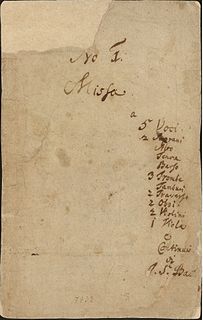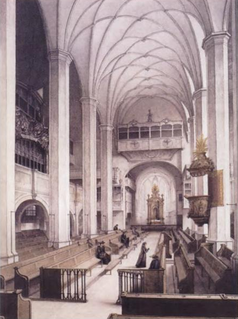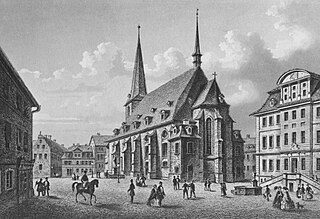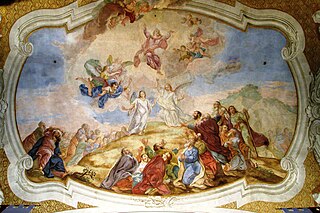Terry Wey (born 15 September 1985) is a classical countertenor, specialising in historically informed performance. As a boy soprano, he was a soloist of the Wiener Sängerknaben. [1]
A countertenor (also contra tenor) is a type of classical male singing voice whose vocal range is equivalent to that of the female contralto or mezzo-soprano voice types, generally extending from around G3 to D5 or E5, although a sopranist (a specific kind of countertenor) may match the soprano's range of around C4 to C6. Countertenors often are baritones or tenors at core, but on rare occasions use this vocal range in performance.
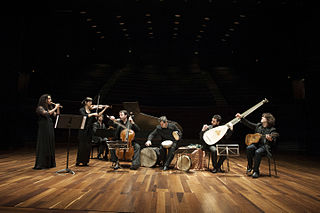
Historically informed performance is an approach to the performance of classical music, which aims to be faithful to the approach, manner and style of the musical era in which a work was originally conceived.
Contents
Born in Bern in a Swiss-American family of musicians, Wey began his vocal training as a member of the Wiener Sängerknaben and also studied the piano. From 2003, he appeared internationally in concert- and opera. [1] His love of Renaissance music made him join the vocal ensemble Cinquecento. [2]

Bern or Berne is the de facto capital of Switzerland, referred to by the Swiss as their Bundesstadt, or "federal city". With a population of 142,493, Bern is the fifth-most populous city in Switzerland. The Bern agglomeration, which includes 36 municipalities, had a population of 406,900 in 2014. The metropolitan area had a population of 660,000 in 2000. Bern is also the capital of the canton of Bern, the second-most populous of Switzerland's cantons.

Renaissance music is vocal and instrumental music written and performed in Europe during the Renaissance era. Consensus among music historians has been to start the era around 1400, with the end of the medieval era, and to close it around 1600, with the beginning of the Baroque period, therefore commencing the musical Renaissance about a hundred years after the beginning of the Renaissance as it is understood in other disciplines. As in the other arts, the music of the period was significantly influenced by the developments which define the Early Modern period: the rise of humanistic thought; the recovery of the literary and artistic heritage of Ancient Greece and Ancient Rome; increased innovation and discovery; the growth of commercial enterprises; the rise of a bourgeois class; and the Protestant Reformation. From this changing society emerged a common, unifying musical language, in particular, the polyphonic style of the Franco-Flemish school, whose greatest master was Josquin des Prez.
